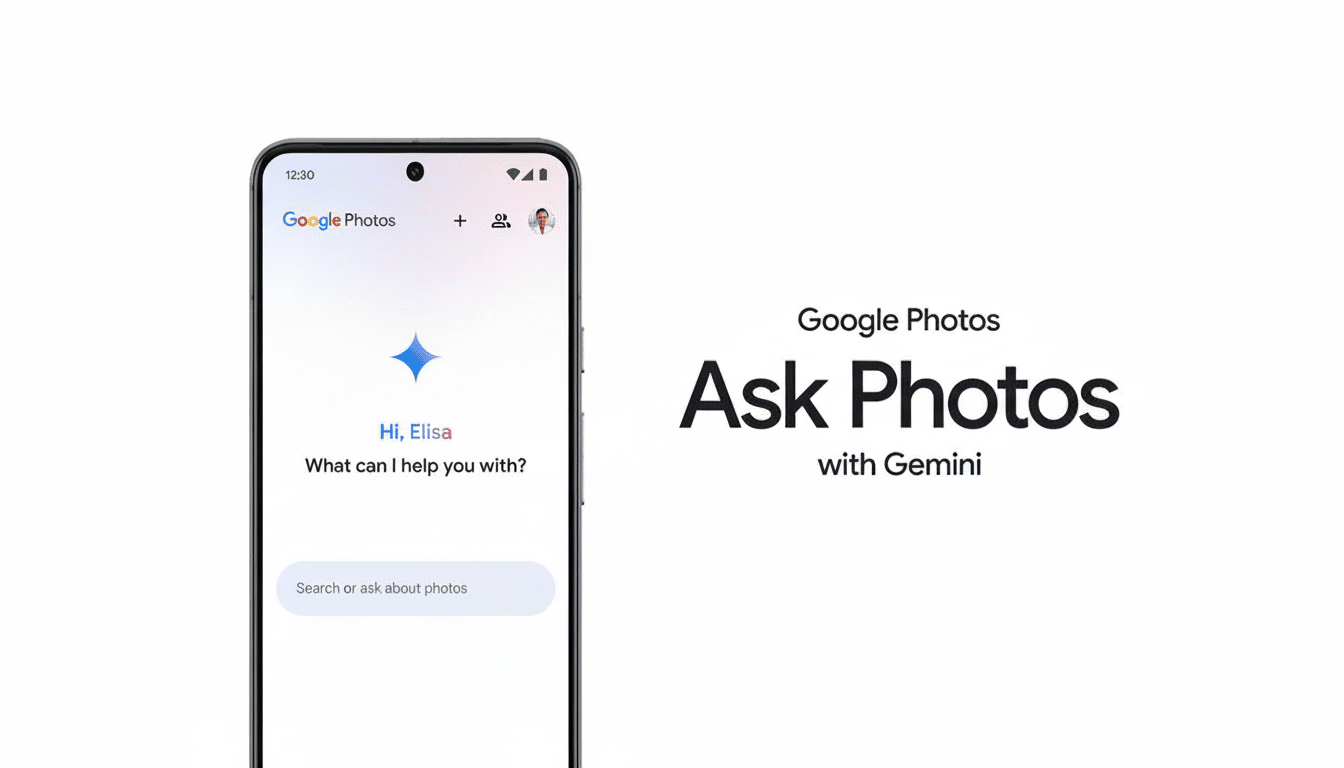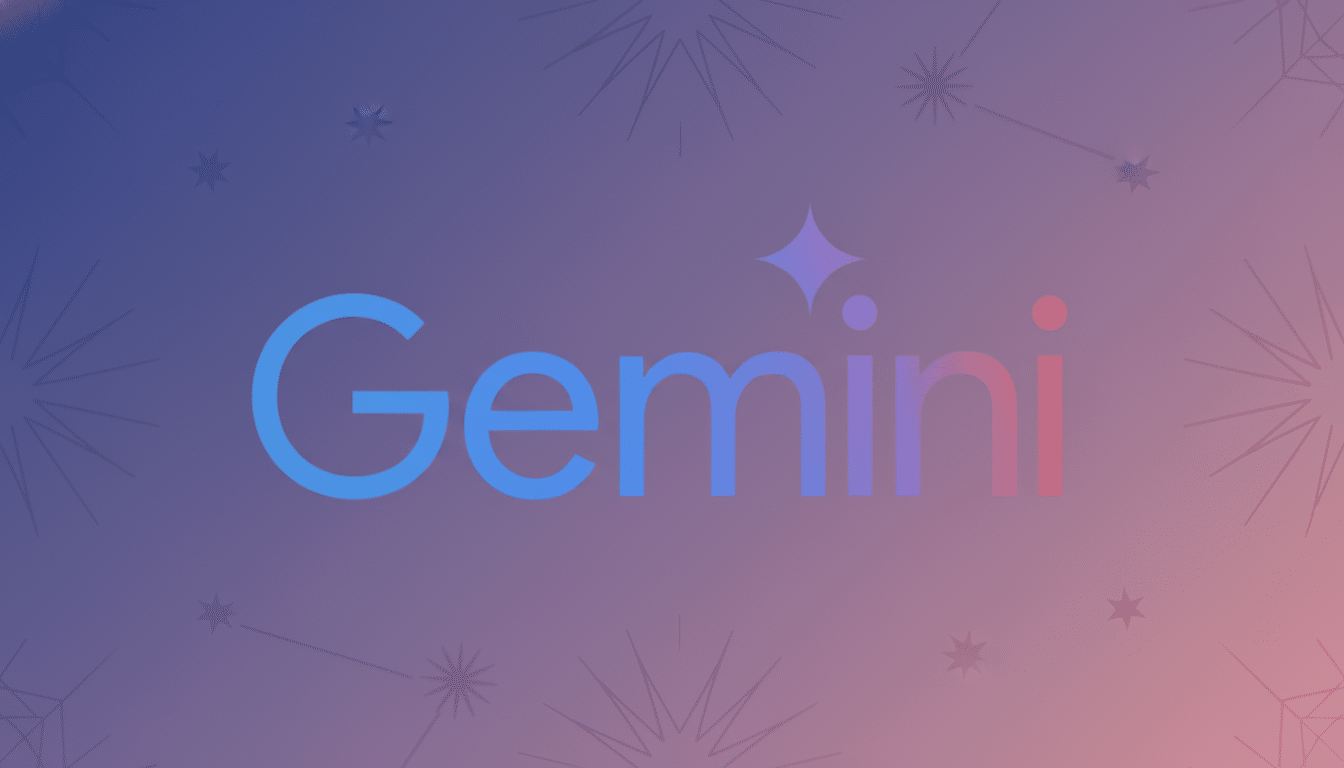OpenAI’s hot new browser is one early way that a platform war is being fought: the battle in the war over access. Whereas Google’s Gemini in Chrome is a thing that most people outside the United States can’t use, Atlas is available for download globally on macOS, making curiosity so much more of a daily habit than Gemini’s slow roll ever could.
That physical openness is already influencing how people see and act. When people can use a tool immediately, they talk about it, share it, and continue using it. Atlas enjoys that compounding feedback loop today, while Gemini’s integration in Chrome sounds like a feature most of the world has only read about.
- The Real Feature Right Now Is Broad Availability
- Distribution Math Favors Atlas in Early Browser Race
- Interest Signals Are Unmistakable Across Regions
- What Wearing Them Feels Like in Real-World Use
- The Market Reality That Google Can’t Ignore
- Everyone Is Still Something of an Atlas Early Adopter
- What Google Should Do Now to Close the Gap

The result: Atlas is not only new, but the present. For many, Gemini in Chrome is still a theory.
The Real Feature Right Now Is Broad Availability
Google published a blog on “Ask with Gemini” in Chrome introducing page-aware support, but their own help materials explain that the U.S.-based rollout is first. Compared to that, Atlas — OpenAI’s — is now a cup of tea as the bot is live for macOS-based PCs across the globe from day one, and we do not know of any lockouts yet.
That’s more important than polish or model benchmarks in the short run. Software goes viral when there are no hoops to jump through. Atlas asks people to install a new app; Gemini is asking most of the planet to wait. The former friction is minor. The latter is a deal breaker.
Distribution Math Favors Atlas in Early Browser Race
Google should have owned this moment, at least on paper. StatCounter says Chrome operates on approximately two-thirds of desktops globally. Had Gemini been able to launch its browser features more broadly, they potentially could have reached hundreds of millions of users overnight with no additional downloads.
Instead, the geographic wall shrinks the funnel to a tiny fraction of global users. Even with Atlas limited to macOS at first (StatCounter puts macOS desktops at around 15% globally), it would still be available in a lot more markets than Gemini in Chrome. Preinstalled-but-unavailable is inferior to open access, every time.
The math is simple: having a smaller platform with global reach is now more valuable than owning a dominant platform from the perspective of local access.
Interest Signals Are Unmistakable Across Regions
Search interest mirrors availability. Google Trends comparisons for search terms such as “ChatGPT Atlas” versus “Gemini in Chrome” reveal a very recent surge in interest around Atlas across multiple regions, and Gemini’s curve remains flat outside the US. That’s not evidence of quality; it’s evidence of reach.

Traffic projections tell a parallel tale. ChatGPT maintains a presence among the most visited sites in the world on Similarweb, and product releases from OpenAI translate traffic into usage. Gemini’s web destination has expanded, but its browser-native capability is still gated by geography.
What Wearing Them Feels Like in Real-World Use
Atlas embraces an AI-first browsing model where searched content is summarized on the page and follow-up questions can be posed against full context, helping you carry out complex multi-tab research without copy-paste gymnastics or losing track of what you read. It’s less reading as such than a reading companion, or research aid, that lives alongside the page rather than on top of it.
Chrome’s own offering is Gemini, promising similar page-aware help, but most users have yet to experience it firsthand. For a lot of users, those shoes have been filled by third-party tools like Perplexity’s Comet browser or extensions that provide instant summaries and in-page Q&A. That substitution is telling — when the platform owner doesn’t move fast enough, specialists do.
The Market Reality That Google Can’t Ignore
OpenAI won mindshare early with a move-fast-don’t-break-things cadence. Independent trackers have consistently pegged ChatGPT’s large majority share of consumer chatbot circulation, with Gemini lagging far behind despite its embedded presence on Android and within Workspace. While the precise market-share numbers differ according to source, the directional signal is clear.
Now is Google’s opportunity to turn Chrome’s scale into AI stickiness. Rather, the company’s circumspect rollout has ceded the narrative to competitors who are simpler to test. In the consumer tech world, “available now” can often trump “available later and built-in.”
Everyone Is Still Something of an Atlas Early Adopter
Atlas is not complete. It’s macOS-first, with Windows support coming down the pipeline, and enterprise policies will put any AI that reads pages and tabs under a microscope. Privacy posture, data retention, and on-device processing options will determine whether businesses opt in or block it.
But even with those limitations, momentum builds behind the tool people can install today. The single biggest reason for global deployment is the power of having real feedback loops — bug reports, feature requests, and word-of-mouth in countries that a limited beta simply cannot deliver.
What Google Should Do Now to Close the Gap
- First order of business: remove regional barriers and make Gemini’s page-aware assistant the default, obvious sidebar in Chrome for everyone.
- Issue transparent privacy promises with clear controls for enterprise and education.
- Link Gemini’s browser capabilities to Workspace and Android continuity so research, reminders, and drafts travel with the user.
A wide-scale, quick rollout would capitalize on Chrome’s massive base and take back the story. Until then, Atlas enjoys tech’s simplest advantage: It’s here, and folks like you around the world can use it.

